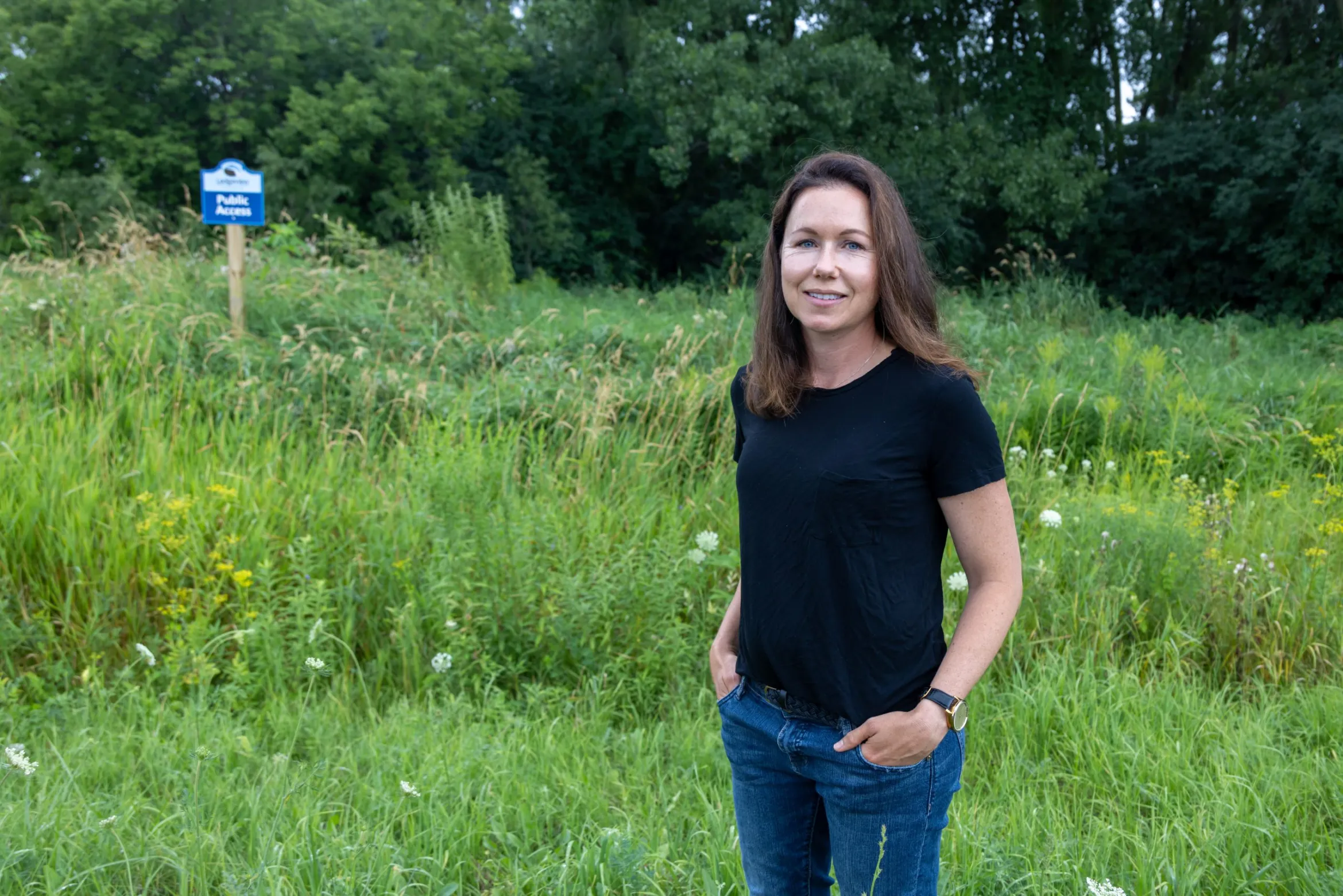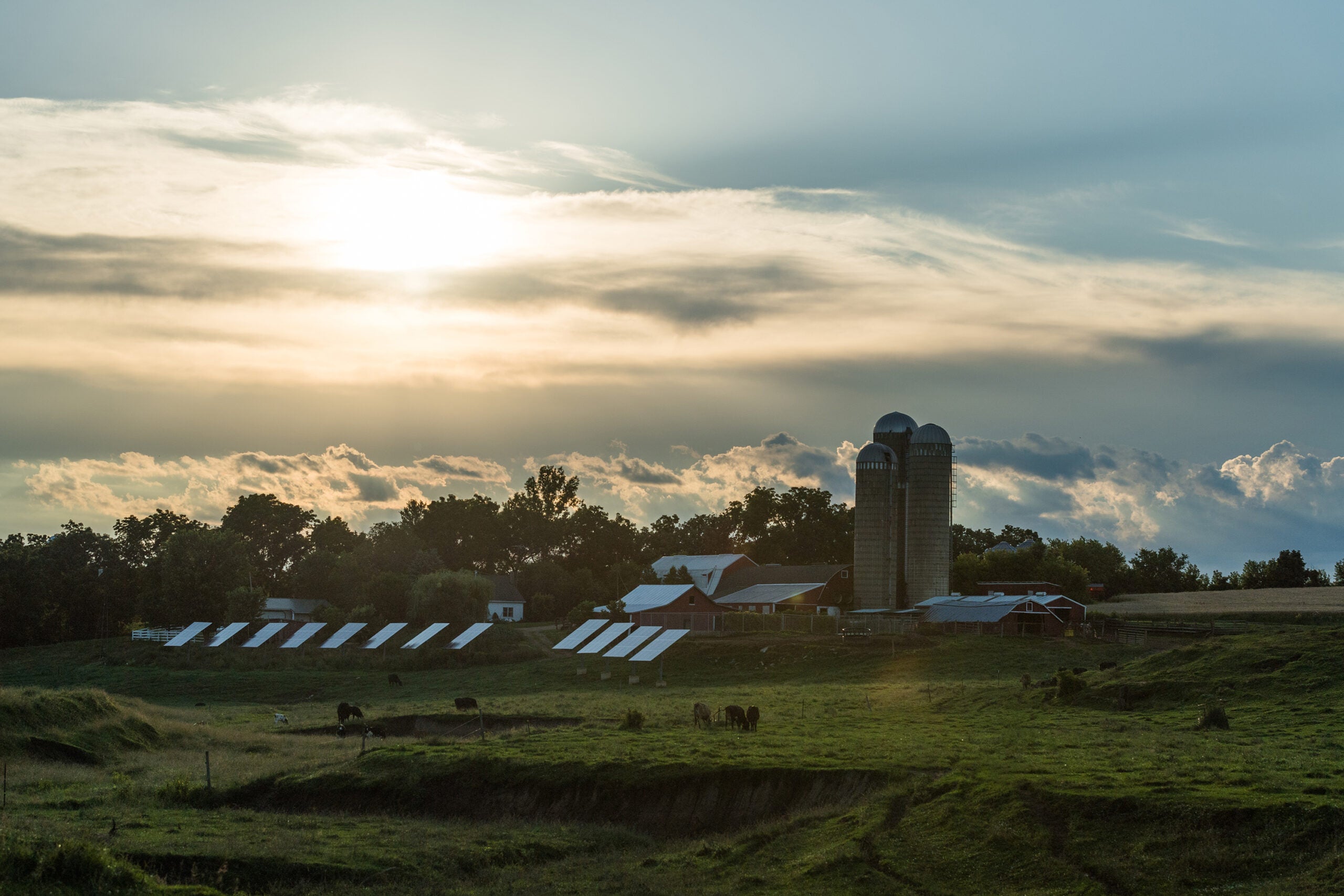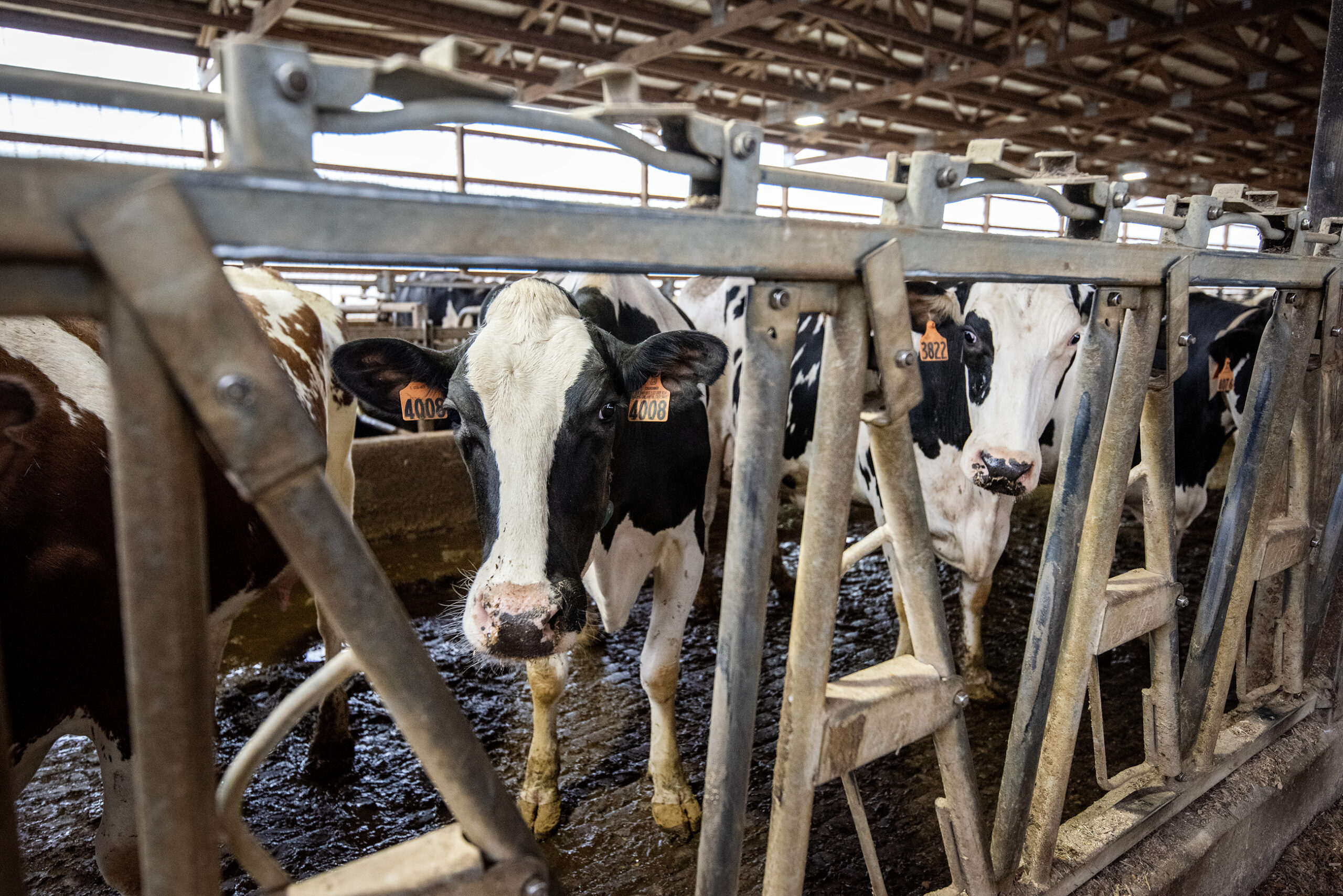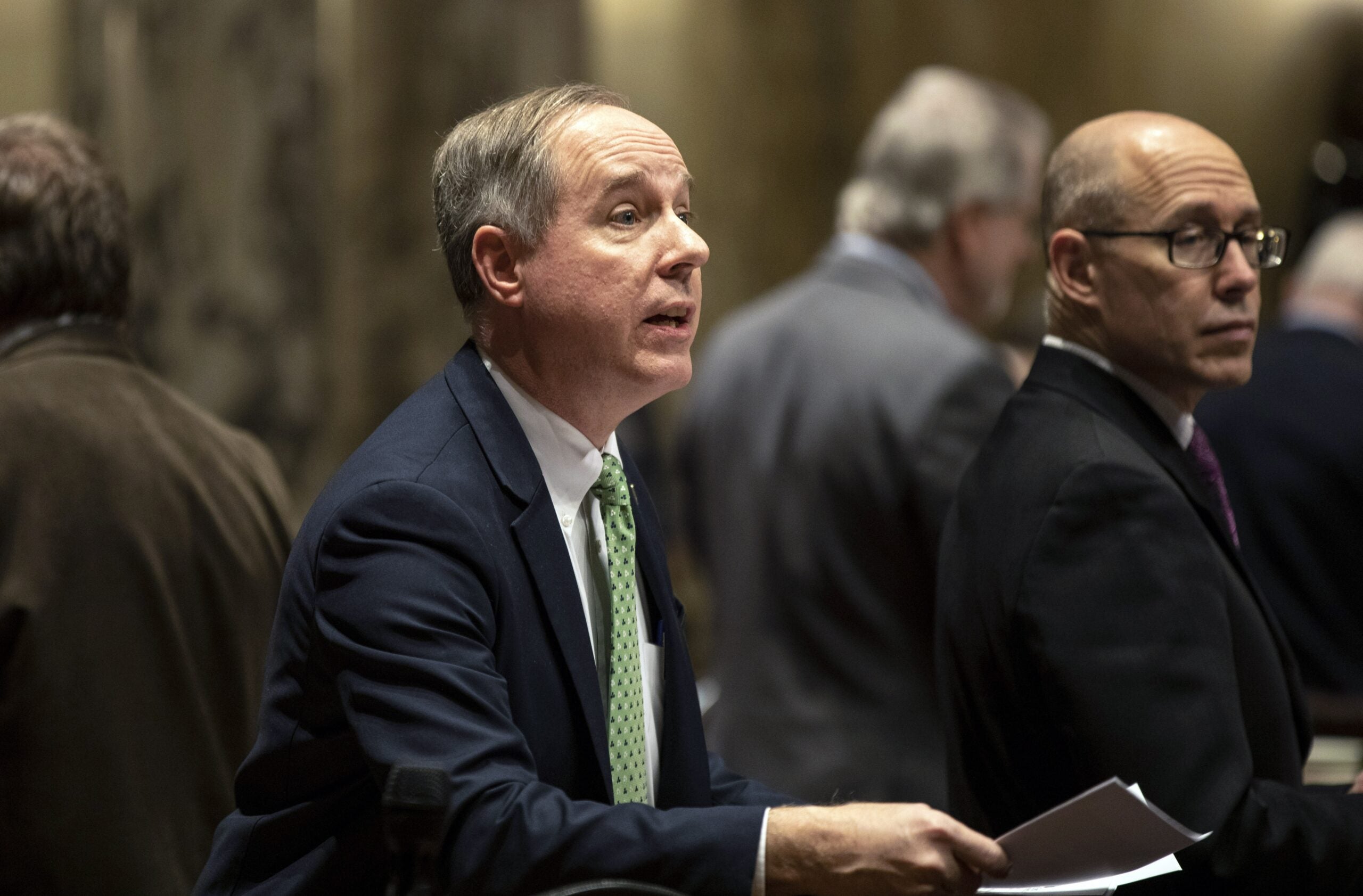Wisconsin food producers have mixed feelings about a new labeling law for genetically modified foods.
Congress passed the measure late last week that requires producers to label GMO ingredients by words, pictures or a smartphone code.
Some Wisconsin farm groups who don’t support GMO labeling celebrated the new law. Wisconsin Farm Bureau Federation President Jim Holte said the national standard unifies requirements for all food manufacturers and probably won’t significantly effect farmers.
Stay informed on the latest news
Sign up for WPR’s email newsletter.
“As far as the impacts on producers, I don’t really see a lot going forward. Just that there might be a higher level of uncertainty about what this label really means,” Holte said.
Holte said he is worried consumers don’t know enough about genetic modification of food to make an educated decision about the newly-labeled products.
“Some certainly (know about GMOs), but the average consumer probably doesn’t so it creates more uncertainty than anything really,” Holte said.
Wisconsin farm groups who oppose the measure are also worried the new law will confuse consumers.
“There really is not a GMO labeling law because it’s not enforced and it doesn’t cover a lot of products,” said Harriet Behar, a senior organic specialist at the Midwest Organic and Sustainable Education Service.
Behar said the measure includes no ramifications for producers who don’t label GMO ingredients. If it becomes law, the U.S. Department of Agriculture will decide what ingredients require GMO labels based on a definition created by Congress.
Organic advocates in Wisconsin are hoping President Barack Obama won’t sign the new law because of possible ramifications for national organic standards.
“We are still concerned about the language, that perhaps we will not be able to control in the organic community what we consider to be genetically engineered,” Behar said.
Behar said the labeling law creates the term “bioengineering,” which she said doesn’t cover many of the processes that are currently considered genetic engineering.
Wisconsin Public Radio, © Copyright 2024, Board of Regents of the University of Wisconsin System and Wisconsin Educational Communications Board.






